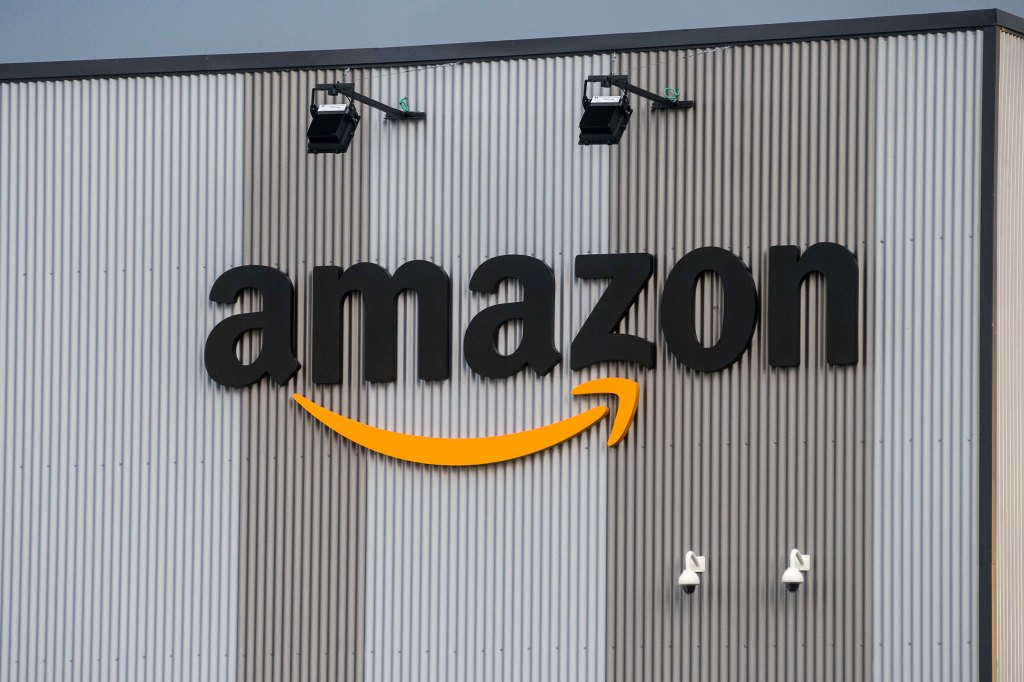Amazon has chalked up an early (partial) win in a court challenge related to the European Union’s designation of its e-commerce marketplace as subject to the strictest level of regulation under the bloc’s recently rebooted digital rulebook, the Digital Services Act (DSA).
Today the EU General Court ruled in its favor by agreeing to suspend a requirement under the DSA that Amazon must make an ads library public.
However the Court did not agree to suspend a separate DSA requirement on Amazon to offer users of the store a non-profiling option powering the recommendations it serves them.
Back in April, Amazon’s Store was one of 19 platforms listed as subject to the strictest level of regulation under the DSA which seeks to apply a greater degree of transparency and accountability on larger platforms and their algorithms.
The e-commerce behemoth quickly challenged its designation as a VLOP (aka, very large online platform). It also filed for interim measures to suspend certain requirements under the regulation pending a decision on the wider legal challenge.
On the ads library issue, Amazon’s lawyers had argued that the requirement to publish an ads archive would result in the disclosure of confidential information that would cause “serious and irreparable harm to its advertising activities and, by extension, to all its activities”, per the ruling.
The company further claimed the disclosure of the ad information would weaken its competitive position and cause an irreversible loss of market share, as well as harming its ad partners.
The General Court agreed Amazon had established that the release of the information, ahead of a decision on its challenge to VLOP status, could cause it serious and irreversible commercial harm — albeit that’s assuming the ad info in question is indeed confidential (the Commission’s lawyers had, to the contrary, suggested most of the data required by the DSA to be pooled in the ad library is already public).
The judge hearing Amazon’s application for interim measures didn’t deeply delve into that and was working on the premise that the information is confidential. (But the ruling does also suggest “prima facie, that, at the very least, some of the information which the applicant is required to publicise in its advertisement repository has not yet been made publicly available”, while noting the main proceeding will look at this issue in more detail.)
Per the ruling Amazon is working on compiling an ads library — and may yet be required to put the data online if its wider legal challenge to the Commission’s VLOP designation fails.
On recommender systems, where Amazon was not successful in its application for interim measures, its lawyers again sought to argue that the DSA obligation on VLOPs to provide an opt-out to users of profiling-based recommendations would result in a significant and irreversible loss of its market share — triggering serious and irreparable harm.
The e-commerce giant argued that without the ability to customise the products users see it would face significant hurdles in meeting customer expectations — suggesting this would lead to a bad shopping experience for users who may not realize the impacts of opting out of profiling-based recommendations.
Amazon also suggested that offering an off-switch for this form of customization would damage third party sellers who use its marketplace to reach customers.
However the tech giant was unable to quantify the level of claimed harm to its business — offering only a ballpark estimate for the negative impact of the recommender system opt-out which it suggested could fall within a range of between $500 million and $3.8 billion.
In the ruling the Court points out the DSA does not demand no profiling-based recommender systems, merely that users be given a choice to opt-out — further pointing out Amazon remains free to inform users about the impacts such choices might have on their experience of its platform.
It also expresses skepticism over Amazon’s assertion that the existence of an opt-out would reduce use of its Store, since customers could opt to switch the profiling recommendations back on.
Given the level of uncertainty around impacts here, the Court did not find Amazon had established the existence of irreparable harm to the required legal standard to grant interim measures — declining to suspend this DSA requirement.
Amazon’s wider challenge to its designation as a VLOP under the regulation continues.
Europe names 19 platforms that must report algorithmic risks under DSA
All hail the new EU law that lets social media users quiet quit the algorithm































Comment